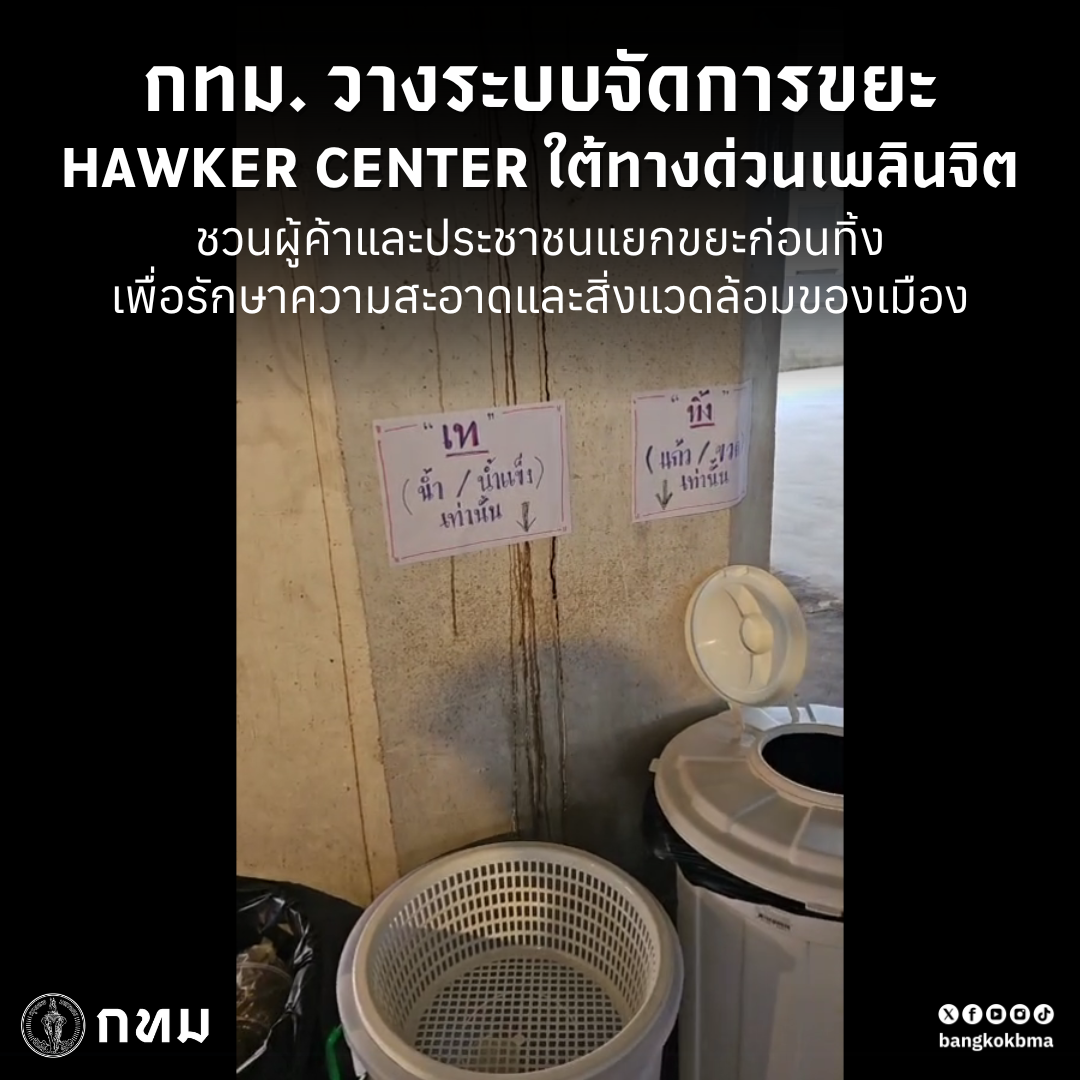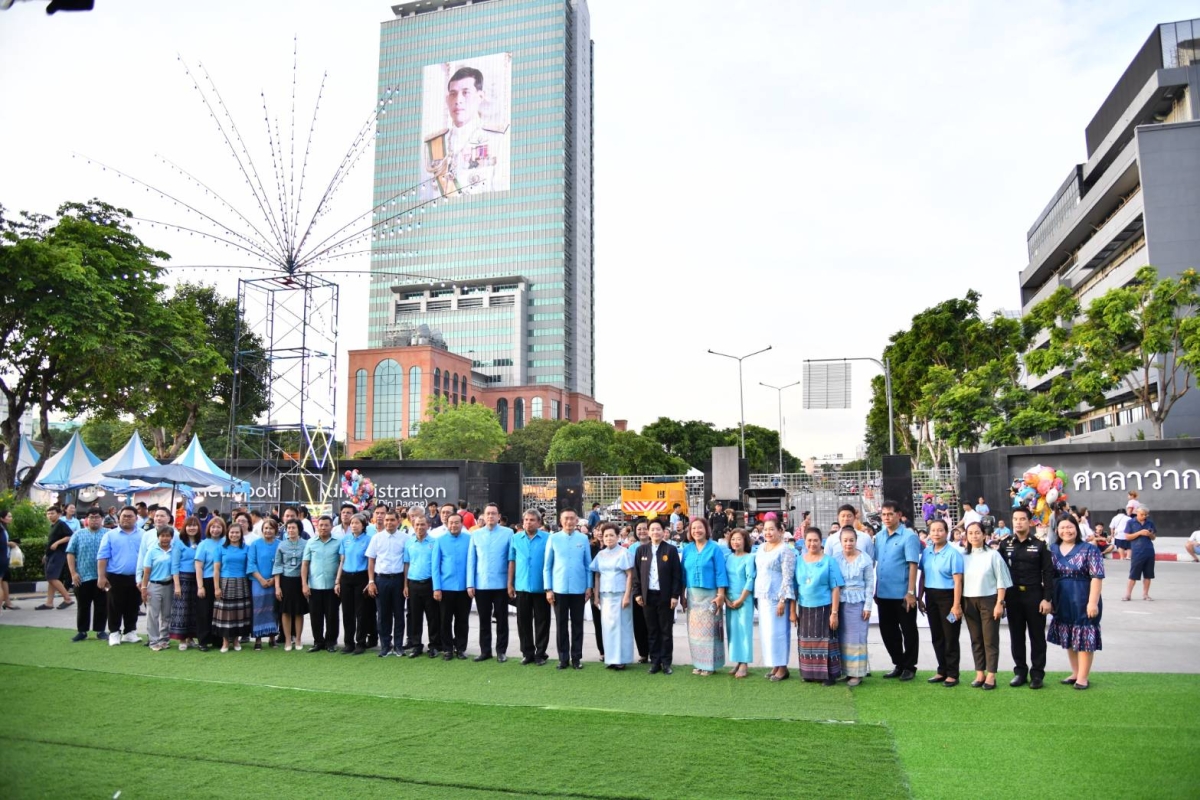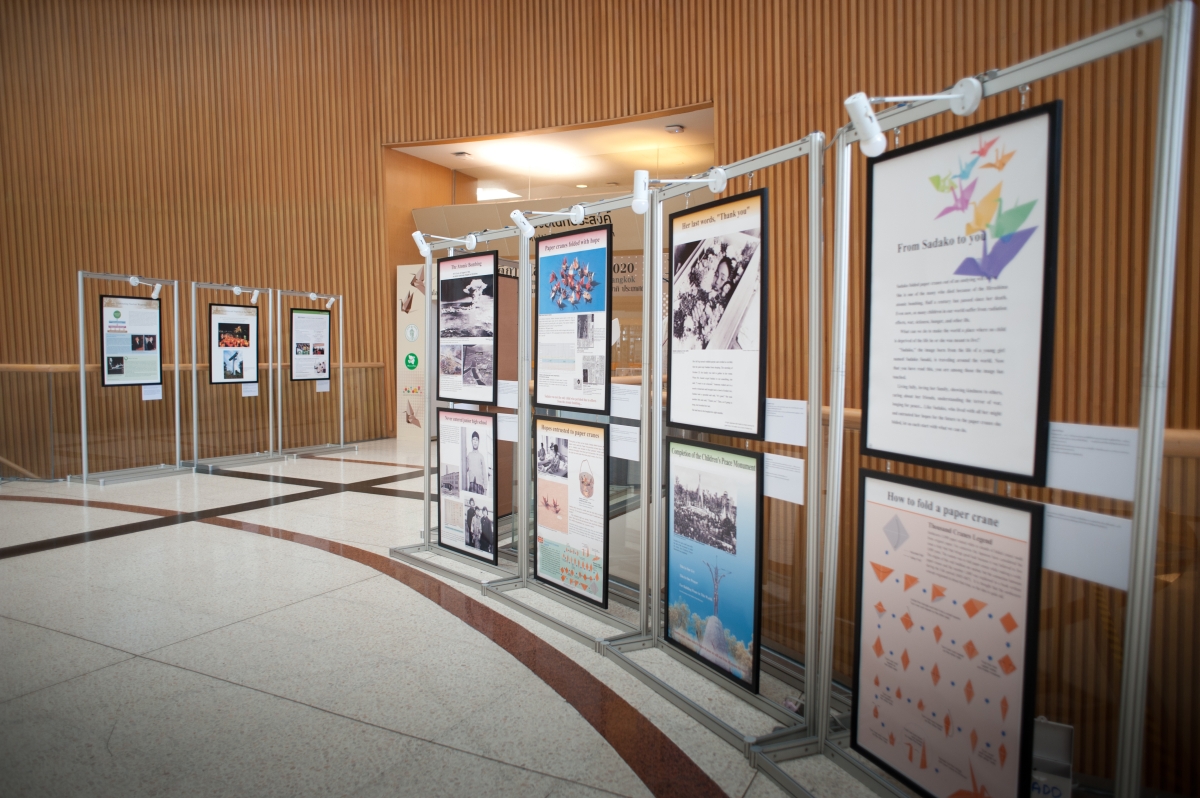
Mr. Chadchart Sittipunt, Governor of Bangkok, presided over the launch ceremony of the Bangkok Dust-Free Classroom Project, Phase 2 at Rattanakosin Room, Bangkok City Hall, Phra Nakhon District.
The Governor of Bangkok said that this year is the second year of the Dust-Free Classroom in Bangkok together with network partners such as the Health Promotion Foundation (Thai Health Promotion Foundation), Thai PBS, and the Department of Health. Dust-free classrooms are necessary because we are still not 100% able to solve the problem from the root causes of dust and children are the most vulnerable group. If dust gets into the body, it will create long-term effects as well as instilling a solution to dust problems will make it possible to solve long-term, sustainable problems. In the first year, Bangkok had approximately 32 dust-free classrooms and now has expanded to 437 dust-free classrooms. It is good that students have a safe place in a situation where PM2.5 dust levels are high. In addition, BMA will expand dust-free classrooms to pre-school children’s centers as well.
The Governor of Bangkok added that this year’s dust situation is better than last year because government agencies have many measures to solve the problem, for example, the government has measures to change the standard for engines that use diesel fuel to Euro 5 standard. Bangkok itself has a policy of inviting car engine oil changes in the Dust Reduction Car Project, which has more than 280,000 cars participating in the project, including measures to use three hay presses to solve the problem of straw burning among farmers in eastern Bangkok. However, there are still external factors that Bangkok cannot control, such as weather conditions, biomass burning outside of Bangkok and from neighboring countries, etc.
The project to raise knowledge levels for children and youth to raise awareness of health problems in areas at risk of small dust particles in public policy or classrooms to fight dust has received budget support from the Health Promotion Foundation (Thai Health Promotion Foundation). This is the second phase of operations. Phase 1 has already created prototypes for 32 schools. Phase 2 will be the implementation of dust-free classrooms to cover a total of 437 schools. It aims to build a model city dealing with PM2.5 dust through knowledge and scientific data. There is an information system for various innovative knowledge related to PM2.5 dust and a set of extra-curricular activities for use in teaching and learning in schools. There is cooperation between schools and network partners in solving spatial environmental problems on their own and being able to communicate about the dangers of PM2.5 dust to be passed on to families, communities, and society.




